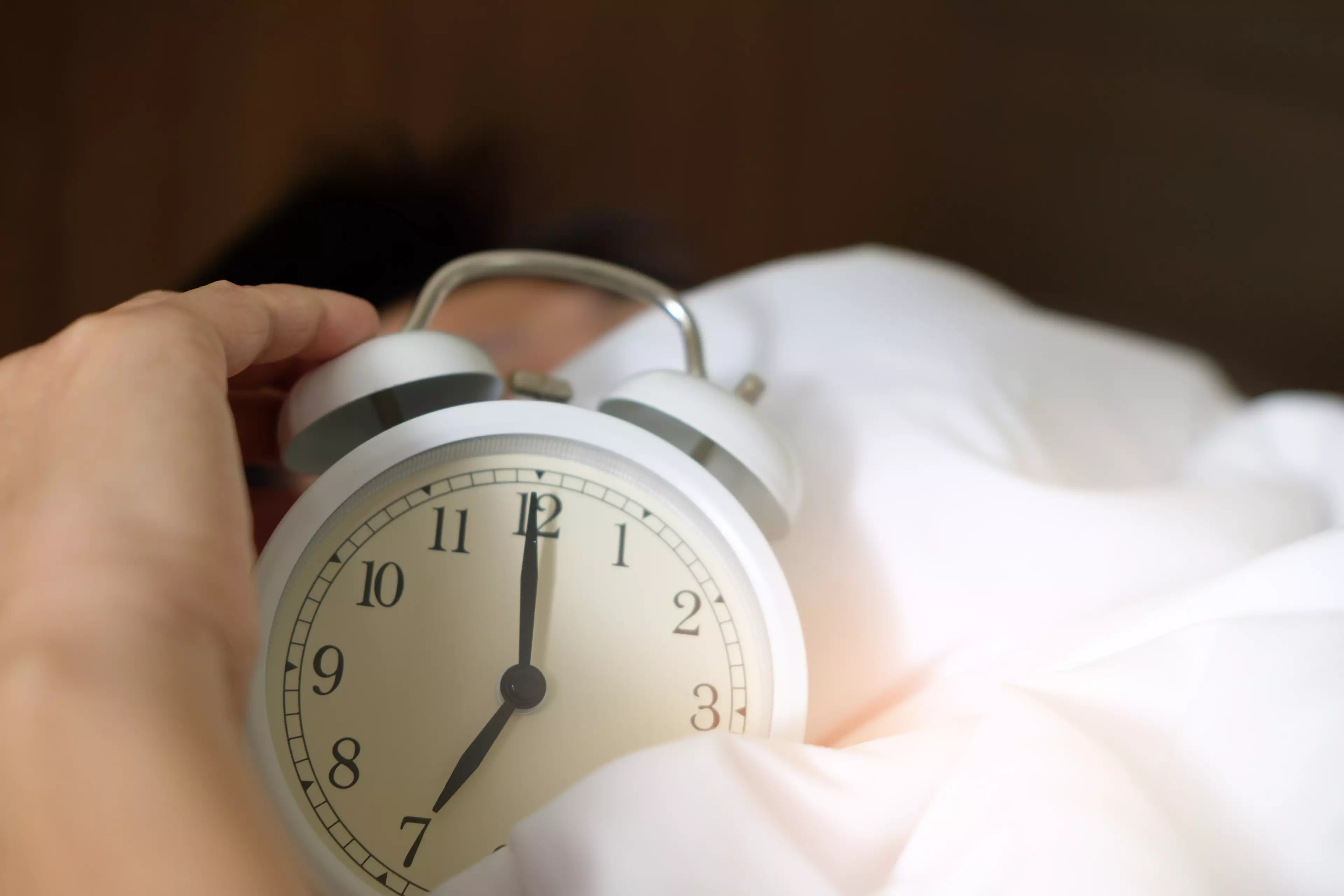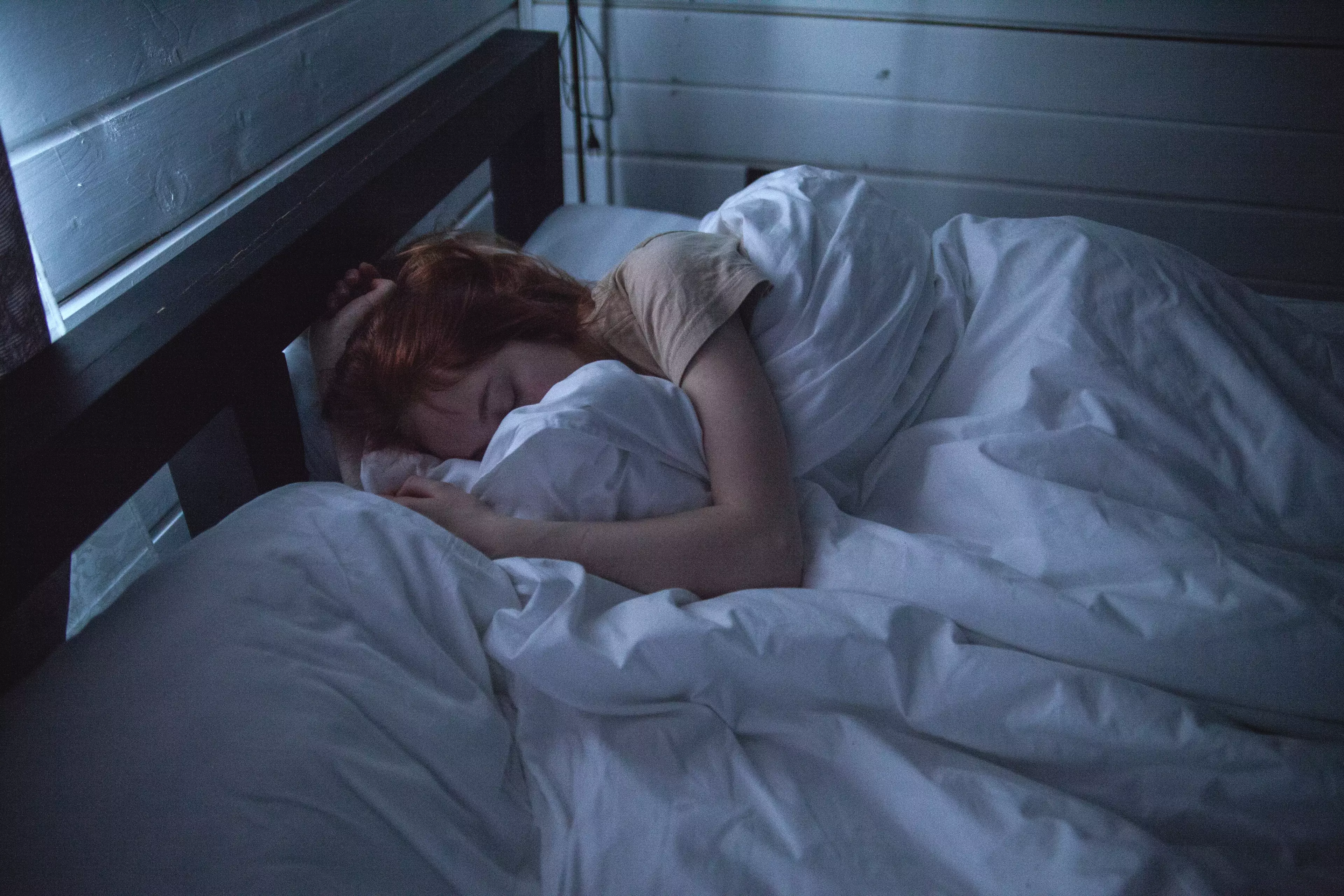
If you always find yourself needing an extra few hours of kip at the weekend to make up for sleep you didn't get during the working week, new research has suggested that it might not doing you any good.
Researchers at Colorado University launched the experiment to find out whether snoozing a little extra at weekend helps reduce the risks related to lack of sleep, like obesity and diabetes. However, it doesn't look like that's the answer.
According to the research published in Current Biology, trying to even out your sleep-debt on your days off is ineffective.

"Our findings suggest that the common behavior of burning the candle during the week and trying to make up for it on the weekend is not an effective health strategy," said senior study author Kenneth Wright.
Advert
To answer the question, the university looked at 36 volunteers aged between 18 and 29, assigning them to one of three groups.
One group had nine hours of sleep for nine nights, and the second had five hours each night over the same amount of time.
The third group slept five hours for five days followed by two days where they could sleep as much as they wanted. The following two days they returned to sleeping five hours per night.
Researchers tracked the participants' eating habits and checked insulin sensitivity with blood tests. Reduced insulin sensitivity has been linked to an increased risk of developing diabetes by scientists.

The study found that volunteers in both of the sleep-deprived groups snacked more, gained weight and experienced reduced insulin sensitivity.
Advert
But the group who could sleep in at the weekend snacked less on the days they were lying-in, although returned to snacking more during the days they had five hours of sleep.
Lead author Chris Depner, an assistant research professor of Integrative Physiology, said: "In the end, we didn't see any benefit in any metabolic outcome in the people who got to sleep in on the weekend."
However, for those sleeping in at the weekend, the study found that their insulin sensitivity decreased more than any other group, putting them at a heightened risk of diabetes.

Study co-author Dr Christopher Depner, an assistant professor, said: "Our findings show that muscle- and liver-specific insulin sensitivity were worse in subjects who had weekend recovery sleep.
Advert
"This finding was not anticipated and further shows that weekend recovery sleep is not likely to be an effective sleep-loss countermeasure regarding metabolic health when sleep loss is chronic."
The team is now hoping to look a the effectiveness of napping in the daytime and other sleep strategies to ensure you catch some z's.
Featured Image Credit: Pexels